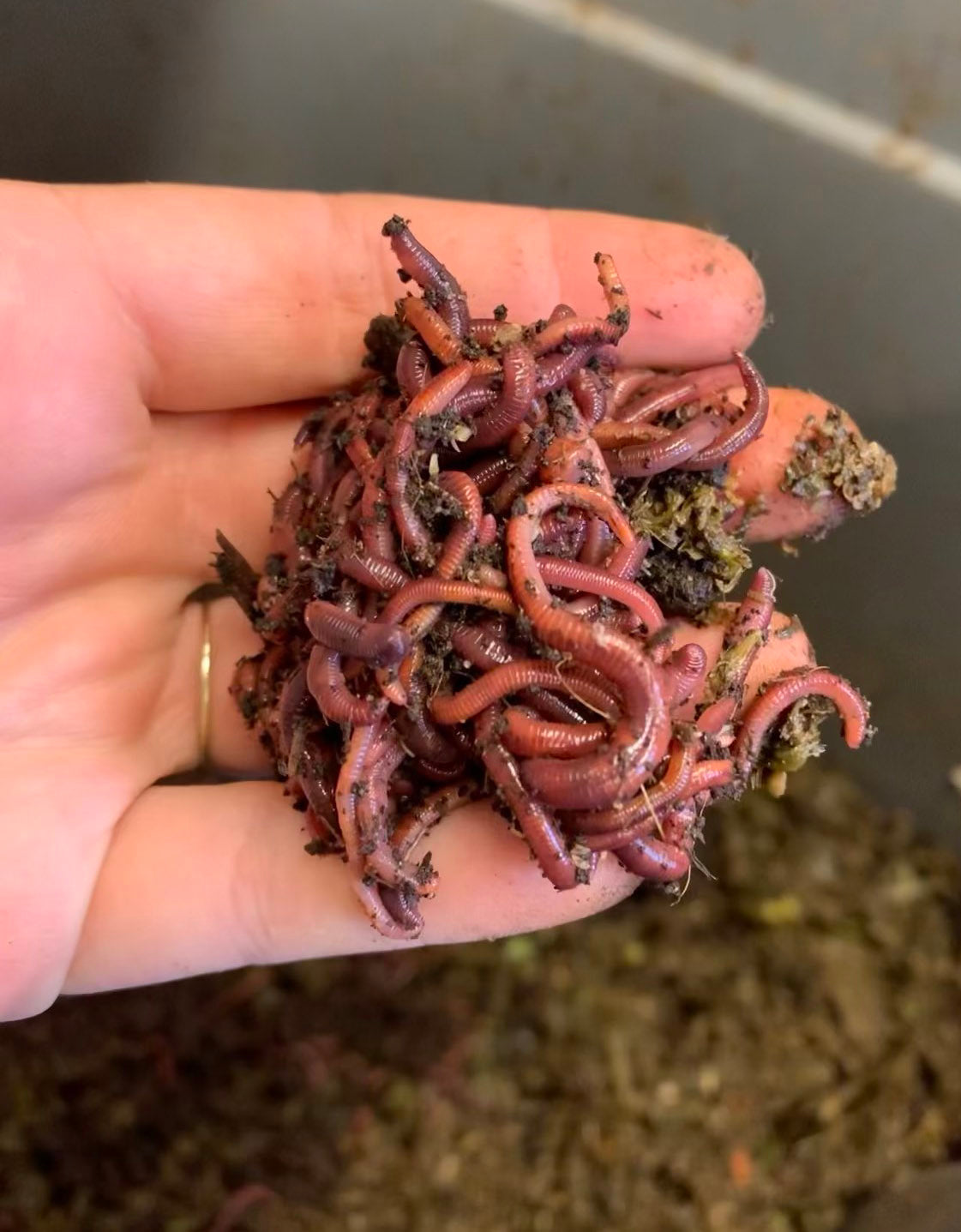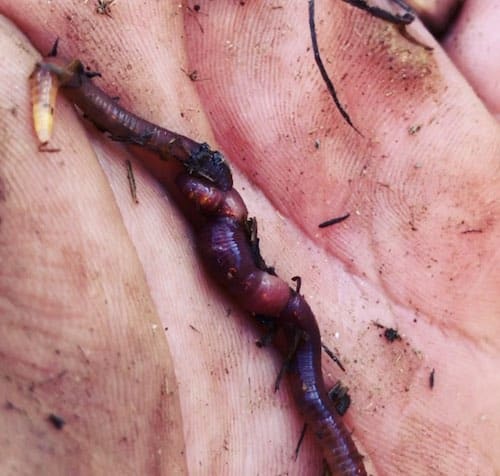Achieve a Lush Lawn Using Lake Hickory Bait Lawn Care Resources
Achieve a Lush Lawn Using Lake Hickory Bait Lawn Care Resources
Blog Article
The Incredible Globe of Red Wigglers: Boost Your Dirt Fertility Today
The function of red wigglers, or Eisenia fetida, in enhancing dirt fertility is a topic of growing passion among garden enthusiasts and agricultural professionals. These small yet reliable organisms change organic waste right into useful worm castings, dramatically enhancing dirt health and wellness and promoting lasting practices. As we check out the benefits of vermicomposting and the sensible steps to develop an effective worm container, the potential effect of these worms on your gardening success ends up being increasingly obvious. Understanding the nuances of their treatment and application may simply transform the method you come close to soil administration. What insights can be gained from integrating these exceptional animals into your horticulture routine?
Comprehending Red Wigglers
Red wigglers, clinically referred to as Eisenia fetida, are a species of earthworm that play a vital duty in enhancing soil fertility. These worms flourish in organic-rich atmospheres, such as garden compost stacks and decomposing plant product, where they eat natural waste and excrete nutrient-dense castings. Their unique anatomy, featuring a segmented body and a clitellum, enables them to replicate quickly and effectively procedure big amounts of organic matter.

The ecological relevance of red wigglers prolongs past simple waste handling; they add to the dirt food web, promoting a diverse community of bacteria that even more boost soil health. Recognizing the biology and behavior of red wigglers is crucial for utilizing their complete capacity in lasting agriculture and horticulture practices.
Advantages of Vermicomposting
(Red Wiggler Express)Utilizing the power of red wigglers via vermicomposting offers many advantages that considerably boost soil health and wellness and fertility. Among the primary advantages is the manufacturing of nutrient-rich worm spreadings, which are an outstanding all-natural plant food. Red Wiggler Express. These spreadings include necessary nutrients like nitrogen, phosphorus, and potassium, promoting robust plant growth and boosting plant yields
The presence of worm spreadings boosts dirt appearance, permitting for far better water retention and water drainage. Red wigglers aid damage down natural issue, speeding up decay and recycling nutrients back into the soil.
Vermicomposting additionally cultivates microbial task, which is crucial for a healthy and balanced dirt ecological community. Beneficial bacteria flourish in the existence of worm castings, aiding in the breakdown of natural products and boosting nutrition accessibility to plants.
Finally, vermicomposting acts as an effective waste management service, reducing landfill waste by reusing kitchen area scraps and other natural products. This not only contributes to ecological sustainability however likewise promotes a round economic climate within gardening and farming.
Exactly How to Establish a Worm Container
Establishing a worm bin is an uncomplicated process that can considerably enhance your composting initiatives. Begin by choosing an appropriate container, which can vary from a commercially readily available worm bin to a simple plastic or wood box (Red Wiggler Express). Guarantee the container has adequate air flow; small openings in the lid and sides will certainly help with air blood circulation
Next, develop a bed linen layer to provide a comfortable environment for the red wigglers. This can be made from shredded newspaper, cardboard, or coconut coir, dampened to a moist, sponge-like uniformity. Fill the container to about one-third complete with this bedding material.
As soon as the bed linen is prepared, it's time to present the worms. Red wigglers flourish in natural waste, so place them carefully onto the bed linens. Cover the worms with a light layer of extra bed linens to help them adapt.
Feeding Your Red Wigglers
Offering the ideal food for your red wigglers is vital for their health and wellness and the performance of your composting system. Red wigglers flourish on a different diet plan, largely including natural products such as vegetables and fruit scraps, coffee grounds, and shredded paper. These products not just provide necessary nutrients but also add to the microbial task in the worm container, which is essential for the worms' food digestion.
It is necessary to stay clear of specific foods, such as dairy products, oils, and meats, as these can attract pests and produce unpleasant odors. Furthermore, citrus peels and excessively spicy foods ought to be restricted as a result of their potential to this harm the worms. A balanced technique to feeding entails monitoring the amount of food introduced to the bin, making sure that it is taken in within a practical amount of time to stop excess waste buildup.
To promote optimal digestion, it is useful to slice or shred larger food products before adding them to the bin. This practice enhances the surface area for microbial action, facilitating quicker decomposition and enhancing the overall efficiency of your composting system. Routinely observing the worms' feeding practices will help you readjust their diet regimen as essential.
Utilizing Worm Spreadings in Your Yard

(Red Wiggler Express)Integrating worm castings right into your garden can be accomplished by blending them into the soil or utilizing them as a top clothing. The slow-release nature of these spreadings guarantees that nutrients are available to plants over an extensive period, reducing the demand for synthetic plant foods. Furthermore, worm spreadings consist of useful microorganisms that advertise healthy dirt communities, boosting the general strength of your garden.
To make the most of the advantages, aim to use roughly one component worm spreadings to 3 components soil in your planting beds. Regular applications can result in improved crop yields and healthier plants, making worm spreadings an important source for both novice and experienced garden enthusiasts alike. By using this all-natural amendment, you can grow a growing garden while adding to sustainable gardening practices.
Conclusion
In conclusion, red wigglers exhibit the important role of vermicomposting in boosting soil fertility. Their capacity to transform organic waste right into nutrient-rich spreadings substantially enriches soil structure and sustains microbial diversity.
Report this page